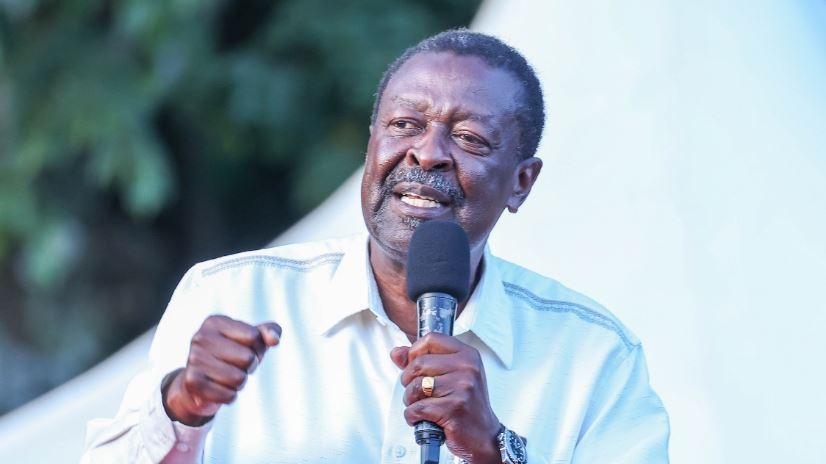It's time for the Kenya Kwanza government to rethink its strategies of making higher education affordable. Its model of financing university education has the potential to disadvantage students from poor backgrounds. I will explain why.
For example, the state is yet to place clear and transparent criteria to ascertain the neediest cases which means the system is prone to manipulation and abuse.
The new model stipulates that the level of funding for each student will depend on the monthly household income and that each student will individually apply for the scholarship and loans after receiving admission letters.
The fact that the new model will seek to channel higher education assistance directly to individual students based on carefully curated criteria is a recipe to abuse and a manipulation that risks leaving bright but needy students out of funding.
The move to categorise those seeking financial assistance to fund their education into four clusters (the vulnerable, extremely needy, needy and less needy) might be excellent but knowing the rampant corruption and maladministration in Kenya’s public entities, the model is not likely to work as envisioned.
I support the Kenya Association of Private Universities for petitioning the government to review the new funding model so as to benefit more students. I believe the current funding model is discriminatory, observing that the criteria used places a vast majority of students are at a disadvantaged situation.
Every Kenyan student should be at liberty to choose which institution they deem fit for them. This means the government should offer financial support for all university students devoid of discrimination.
With the massive challenges public universities are facing, the new model risks collapsing because the institutions that are already grappling with problems that need urgent attention. Today, pending bills by public universities have ballooned to Sh60.2 billion due to unremitted statutory deductions, Sacco dues, pension, bank loans and unpaid contractors.
This combined with dwindling state capitation and falling student numbers has worsened the cash crunch, which is crippling the public university operations.
It is said students falling under the vulnerable and extremely needy band will qualify for 100 per cent government funding for their studies with the money coming as scholarships and loans, and those deemed to be needy and less needy will get 93 percent government funding.
If we are serious about bridging the gap between the poor and the rich in this country, then our education shouldn’t be damn expensive for the poor. The effects of poverty on children are wide-reaching and can lead to lifelong struggles, especially when young people don’t receive full education.
A lot of the brightest minds in the world stem from low-income households, but that shouldn't hold them back from continuing their education. If there was an equal opportunity to attend school, then everyone would have the chance to go to school. Affordable education is a major step towards equality.
It is worth noting that poverty and education are inextricably linked, because people living in poverty may stop going to school so they can work, which leaves them without literacy and numeracy skills they need to further their careers. Their children, in turn, are in a similar situation years later, with little income and few options but to leave school and work.
A good university education model should help families escape the cycle of poverty. The government should prioritise adequate funding of university and tertiary education as it determines the state of employability of graduates in the country.
If we decide to make education expensive for the poor like some countries’ that spend a lower share of their gross domestic product on education, we will make public education less available (particularly to the poor) and of lower quality.
The writer is MP, Rangwe constituency.
















